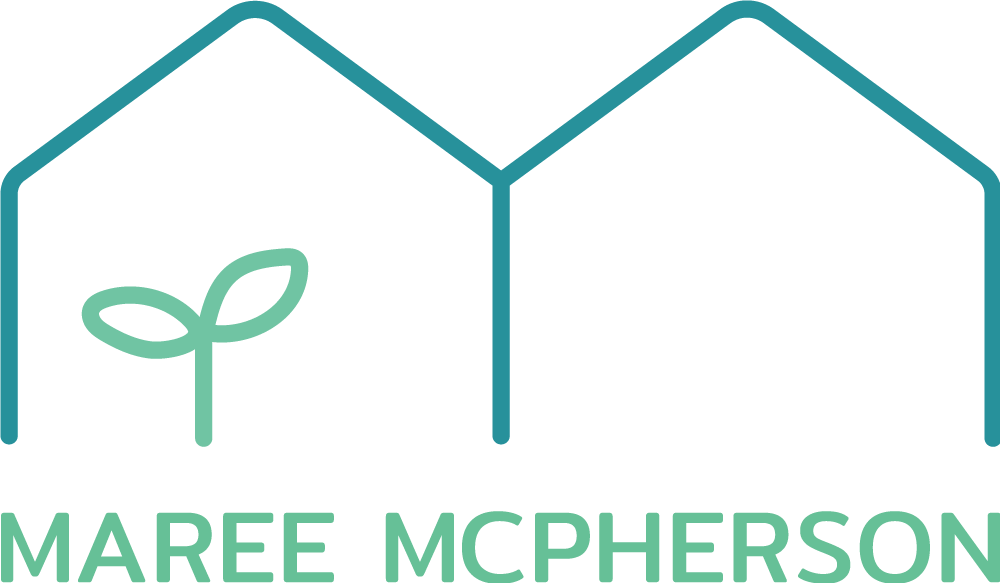The Power of Intentionality in Professional and Personal Development.
I wholeheartedly believe that any activities that are tabled as professional and/or personal development will only be effective when they are embraced with a sense of intentionality and of purpose.
The flipside of intentionality is drifting, and this is an approach that I avoid in my work with leaders. Why? Because the learning becomes shallow and its long term impact is diminished.
There are very few organisations that don’t have Learning and Development portfolios of some size and description. Rarely does a performance appraisal process exclude some questions about how the person would like to focus their growth and development over the following year.
There are two things I’ve noticed about Learning and Development programs.
Firstly, and obviously, they’re about bridging a gap, or filling a lack, and so they’re very much task and outcome focused. Of course there’s a place for this; I’m not disputing that.
The second thing I’ve noticed is that programs are often targeted towards people in the process of developing their career. The higher up the food chain, aka the more you ‘know your stuff’ the more veiled the learning and personal and professional opportunities are. But here’s the kicker: development isn’t an early-career focus. It’s lifelong.
Intentional development has an eye on the future, and given so many of us work in a VUCA space, that is, environments that are volatile, uncertain, complex and ambiguous, whether we like it or not, we don’t have a choice but to be open to development. The skills and attributes that will continue to serve within cultures of uncertainty are the so-called soft skills, or as I prefer to call them, human skills. I’m talking creativity, collaboration, curiosity and interpersonal skills. Emotional Intelligence is a muscle that’s always worth flexing.
Here’s the good news: for leaders scanning the L&D opportunities and finding them lacking, impactful learning is hidden in plain sight, as long as there’s some intentionality and focus.
Development opportunities— professional and personal— are everywhere. They’re in conversations with colleagues, peers and staff, as well as friends and family. They’re in articles (like my Letters to Leaders), podcasts and conferences. They’re even floating around LinkedIn if you’re open to them. ‘Open to them’ is the key phrase here. So many of us consume (and create) so much content. When you consume without a development lens you’re missing opportunities for growth.
When you’re intentional about how you consume content, ie not just for a mindless scroll, a line in an article will spark an idea, which in turn encourages innovation and creativity as you turn that idea around in your mind, or perhaps, like one of my clients, in your journal. Or, it might strengthen your resolve to pursue and explore an existing idea.
That’s incidental learning, and of course there are incredible professional development programs on offer to leaders, like this one. However, the key to growth, regardless of input, is intentionality. I know I’m repeating myself here, but it’s that intense, purposeful lens that opens the mind to learning. I talk a lot about reflection and my writing and in my work with clients. One of the superpowers of reflection is that it facilitates and enables intentional learning. When you reflect on a scenario, you’re inherently looking for the growth opportunity and the lesson it imparts.
However, one step precedes that of intentionality, and that is knowing your priorities. What’s important to you? Does the development opportunity you’ve uncovered align to this?
